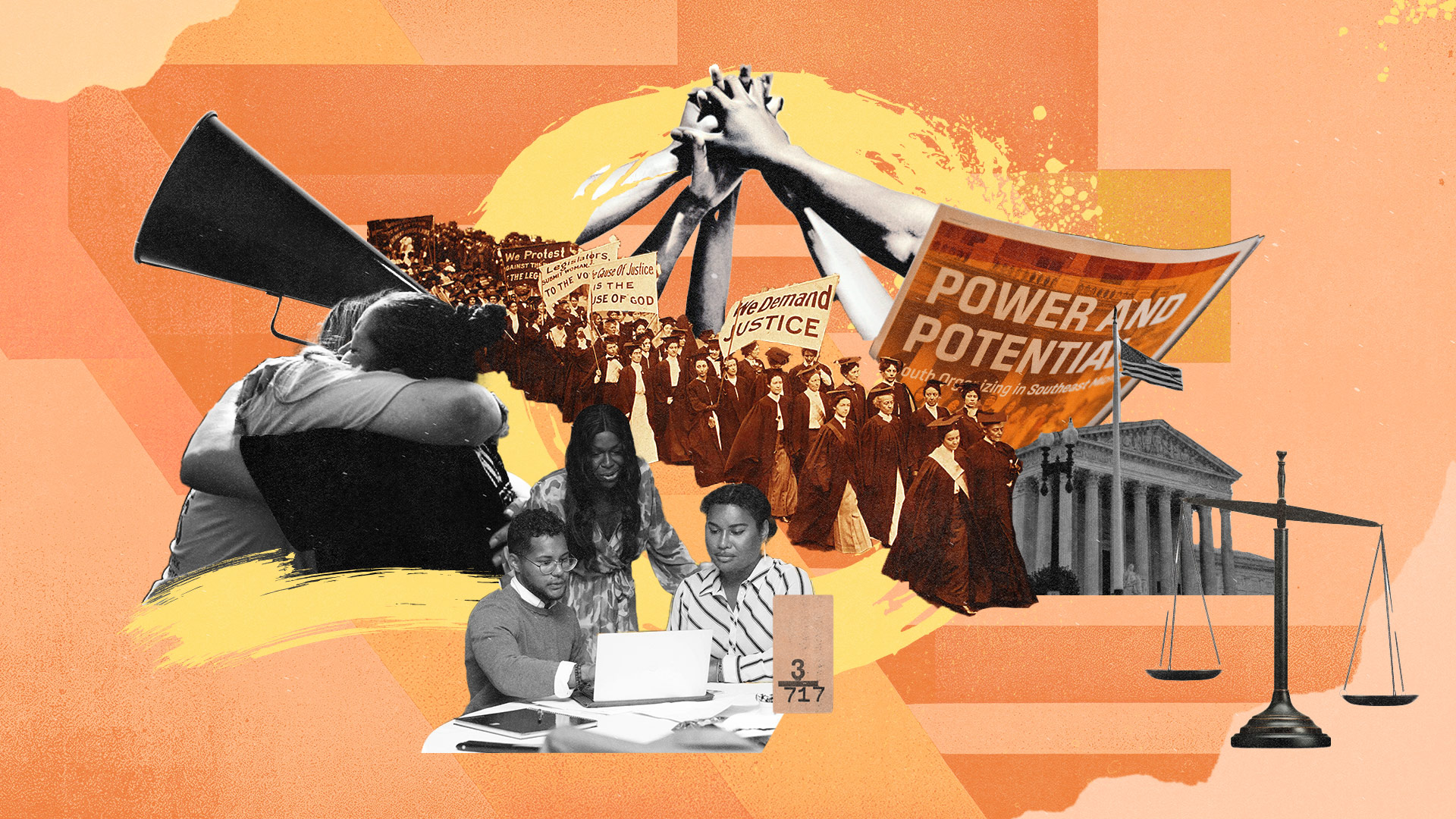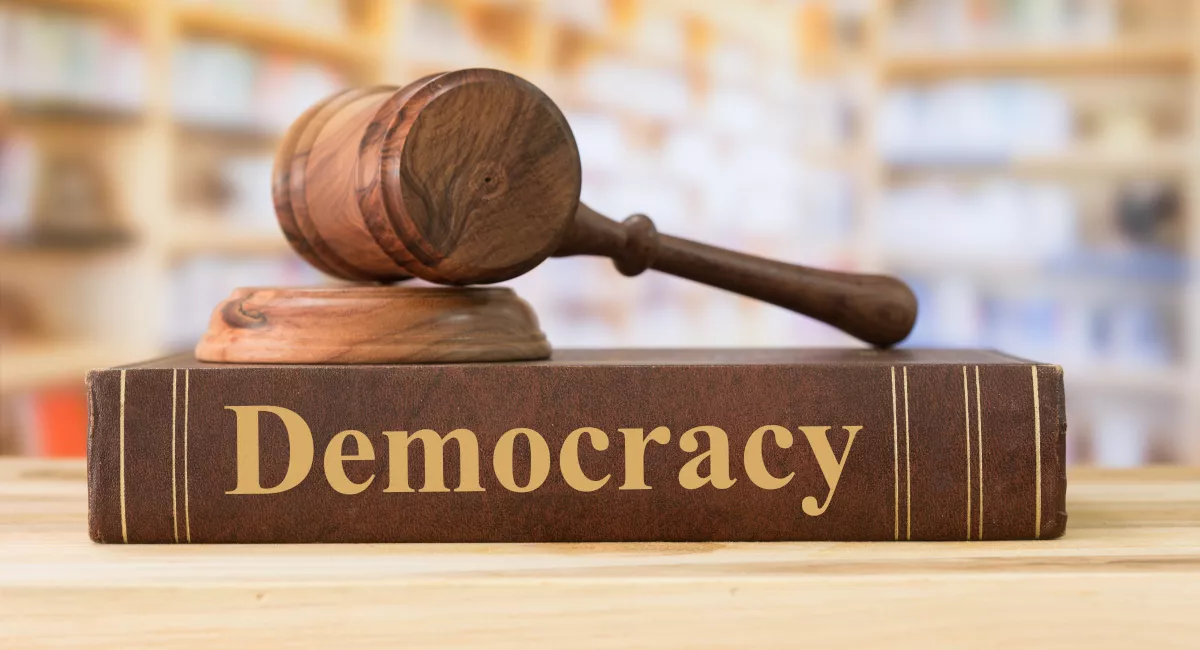Direct Democracy Pros Cons - Exploring Benefits and Drawbacks
Explore the benefits and drawbacks of direct democracy. Learn about the pros and cons of this democratic system. Is direct democracy right for your community?

The Power of the People: Exploring Direct Democracy in Modern Governance
In a world marked by constant political change, it is essential to examine the potential benefits and drawbacks of direct democracy. As the United States and the global community grapple with evolving political landscapes, the concept of direct democracy remains a hot topic in governance and politics. This article delves into the intricacies of direct democracy, its implications for state and international politics, and its impact on political news today, all while considering the upcoming political events and campaign strategies.
Direct Democracy Defined
Direct democracy is a form of governance where citizens participate directly in decision-making processes rather than relying solely on elected representatives. In contrast to representative democracy, where elected officials make decisions on behalf of the populace, direct democracy empowers citizens to have a direct say in policy matters. While it might seem like an ideal system, it comes with its own set of advantages and disadvantages.
Benefits of Direct Democracy
Enhanced Civic Engagement: Direct democracy encourages active citizen participation in the political process. When citizens have a direct role in decision-making, they become more informed about political issues, leading to a more engaged and informed electorate.
Accountability: Elected representatives are accountable to the voters in a more immediate and direct manner. This accountability can lead to greater transparency and responsiveness in government.
Decentralization: Direct democracy often involves local or regional decision-making, which can lead to more tailored policies that better suit the needs of specific communities.
Protection of Minority Rights: In some direct democracy systems, safeguards are in place to protect minority rights from the tyranny of the majority. This ensures that decisions are not solely driven by the majority's preferences.
Drawbacks of Direct Democracy
Complexity: Direct democracy can be logistically challenging, especially in large and diverse populations. The sheer volume of decisions that need to be made and the need for widespread public education can be overwhelming.
Populism and Polarization: Direct democracy can be susceptible to populism, where decisions are made based on emotions and short-term popular sentiment rather than long-term planning. This can lead to policy volatility and increased polarization.
Lack of Expertise: Citizens may not always possess the expertise required to make informed decisions on complex issues such as economics, foreign policy, or healthcare. This can result in suboptimal outcomes.
Voter Apathy: Ironically, the high level of participation required in direct democracy can lead to voter fatigue and apathy, with citizens becoming disillusioned by the constant need to engage in politics.
Implications for Political News Today
The rise of direct democracy has significant implications for political news. With citizens more directly involved in decision-making, the media plays a crucial role in informing the electorate about upcoming political events, campaign strategies, and the intricacies of policy proposals.
Increased Demand for Information: Political news outlets face an increased demand for information as citizens seek to educate themselves about the issues at hand. This can lead to more in-depth coverage and analysis of political topics.
Fact-Checking and Accountability: Direct democracy puts a spotlight on the accuracy of information presented to the public. Fact-checking becomes essential in ensuring that voters are making decisions based on reliable information.
Evolving Campaign Strategies: Political campaigns must adapt to engage with an electorate that is more actively involved in the decision-making process. Campaigns may focus on mobilizing supporters to participate in direct democracy initiatives.
State and International Politics
Direct democracy is not limited to the local or national level. It has implications for world politics news and international political events. Nations that embrace direct democracy may have different approaches to diplomacy, international treaties, and foreign policy decisions.
International Agreements: Countries with direct democracy may face challenges in swiftly ratifying international agreements, as these often require parliamentary approval or referendums.
Foreign Relations: Direct democracy can lead to shifts in foreign policy based on the immediate will of the people, potentially affecting diplomatic relations with other nations.
Global Governance: The rise of direct democracy prompts discussions about how global governance structures, such as the United Nations, may need to adapt to accommodate more direct citizen participation.
Challenges of Implementing Direct Democracy
While the benefits of direct democracy are evident, implementing this form of governance can be challenging. To successfully navigate these challenges, it is essential to address the following considerations:
Educational Efforts: To ensure informed decision-making, extensive educational campaigns are needed. Citizens must understand the complexities of the issues at hand, which requires a substantial investment in public education.
Logistical Hurdles: Managing a large-scale direct democracy system can be a logistical nightmare. Ballot initiatives, referendums, and frequent elections require robust infrastructure to prevent bottlenecks and ensure a smooth process.
Protection Against Tyranny: Direct democracy must include mechanisms to safeguard minority rights and prevent majority tyranny. Constitutions and legal frameworks play a crucial role in this regard.
Balancing Act: Striking a balance between direct democracy and representative democracy is often necessary. Some decisions are better suited for direct involvement, while others require the expertise and deliberation of elected representatives.
Resilience to Populism: As mentioned earlier, direct democracy is susceptible to populism. Effective countermeasures are essential to prevent rash decisions driven by fleeting emotions.
Real-World Examples of Direct Democracy
Several countries and regions around the world have embraced direct democracy to varying degrees. Switzerland is often cited as a prime example of successful direct democracy, with its frequent referendums on a wide range of issues. California, in the United States, also employs direct democracy through ballot initiatives, allowing citizens to propose and vote on specific laws and amendments.
However, the experiences of these regions also highlight some of the challenges. Switzerland's extensive use of direct democracy requires significant investment in education and logistics. California's ballot initiative system has sometimes led to unintended consequences and budgetary challenges.
Future Trends in Direct Democracy
As technology continues to advance, direct democracy may evolve in new and exciting ways. Online voting and blockchain technology could enhance the accessibility and security of direct democracy systems. Moreover, social media and online platforms could facilitate citizen engagement and discussion of political issues, further empowering the electorate.
Additionally, the ongoing debates and experiments with direct democracy may lead to refinements in its implementation. Lessons learned from different regions can inform best practices for balancing direct and representative democracy.
Direct democracy is a dynamic and evolving concept that holds promise in enhancing citizen engagement, accountability, and decision-making. While it comes with its set of challenges, these can be addressed through careful planning, education, and the development of robust legal and logistical frameworks.
In the ever-changing landscape of governance and politics, direct democracy offers a unique avenue for citizens to directly influence policy decisions. Its implications extend to state and international politics, with the potential to reshape diplomatic relations and global governance structures.
As we continue to witness the interplay between direct democracy and representative democracy, it is crucial to monitor its development, adapt to the changing political landscape, and ensure that it serves the best interests of the people it aims to empower. Balancing the benefits and challenges of direct democracy is a dynamic endeavor that requires ongoing commitment to fostering informed and responsible citizenship.
What's Your Reaction?

















